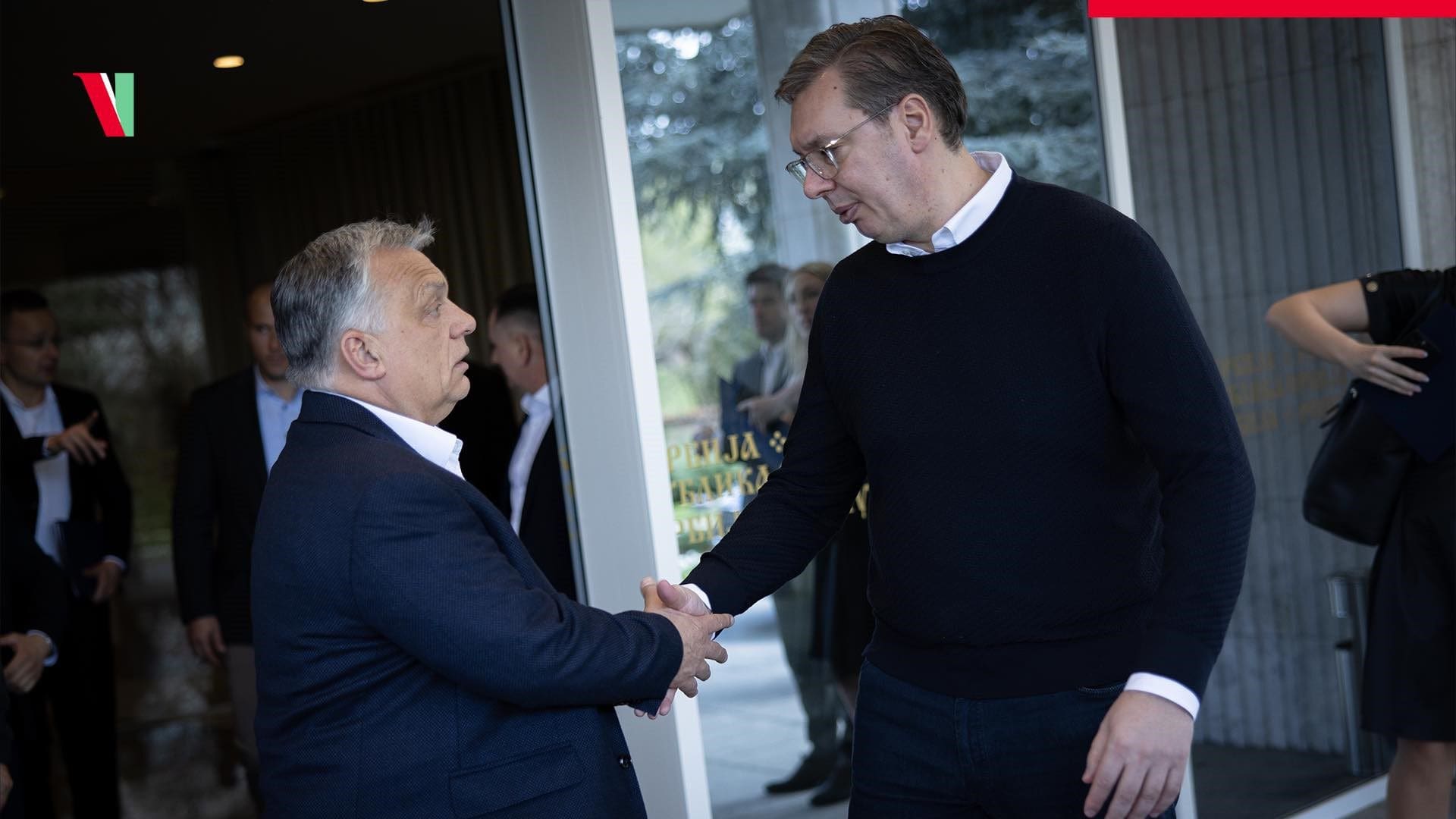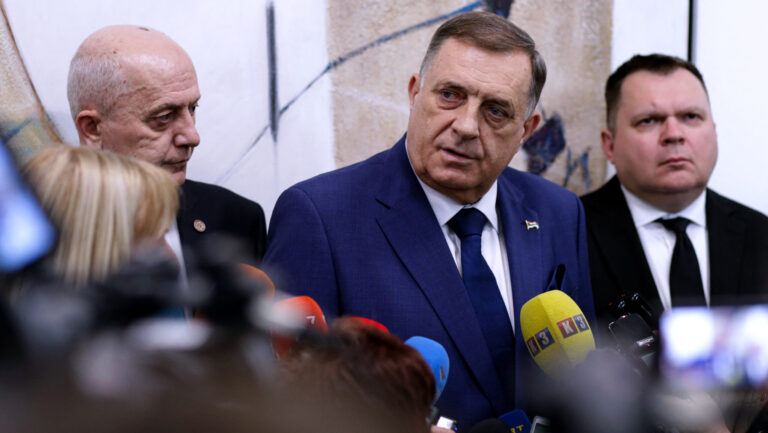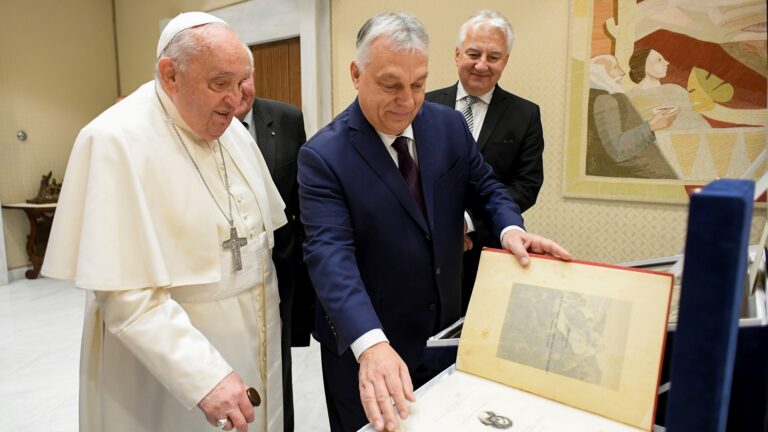Hungarian Prime Minister Viktor Orbán took to Twitter to thank Serbian President Aleksandar Vučić for releasing three Kosovo police officers. The three lawmen were originally taken into custody about two weeks ago, on 14 June, in the territory of central Serbia after heavy weaponry, radio equipment, and maps were found at one of their residencies. President Vučić was at the Russian embassy, observing Russia Day, at the time news of the arrest broke, but upon being informed, he quickly returned to the presidential residency.
However, on Monday, 26 June, the Higher Court in Kraljevo decided that the three suspects, Rifat Zeka, Becir Sefa, and Mustafa Sem would be released pending their trial. It is unclear what role the President played in that decision. While the suspects were originally supposed to be detained for a full 30 days, they temporarily got their freedom back after just 12.
All three men have also been indicted, on charges of illegal weapon possession.
According to PM Orbán’s Twitter message, this development was in accordance with a request he made during the two statesmen’s meeting on 20 June. Orbán also went on to write this is a testament to the two countries, Hungary and Serbia’s, ‘mutual commitment to the peace and stability of the Balkans’; and then expressed his gratitude towards President Vučić.
Orbán Viktor on Twitter: “Serbian President Aleksandar Vucic has just informed me that in accordance with the request made at our meeting last week, the Serbian authorities will soon release the three previously arrested Kosovo policemen from custody. We highly appreciate the step of President @avucic,… / Twitter”
Serbian President Aleksandar Vucic has just informed me that in accordance with the request made at our meeting last week, the Serbian authorities will soon release the three previously arrested Kosovo policemen from custody. We highly appreciate the step of President @avucic,…
PM Orbán and President Vučić seem to enjoy a very good relationship.
Their meeting in June was the third one in the short span of the last three months. The two conferred back in March after the EU summit too; as well as in April, when PM Orbán attended a military display in Belgrade, Serbia. After the April meeting, he announced the strengthening of the cooperation between the Hungarian and Serbian military industry. The Hungarian head of government has also taken a public stance in favour of Serbia’s EU accession in the recent past.
Tensions in the Balkans On the Rise
Last months, major clashes broke out in Kosovo after ethnic Albanian mayors were elected to lead some municipalities. About 20 Hungarian soldiers, who were serving in KFOR, the NATO peacekeeping force deployed in the region, were also injured. Many of the protesters clashing with local law enforcement and NATO peacekeepers were Serbians. The injured Hungarian servicemen have been since safely transported back to Hungary for medical treatment.
Additionally, Serbia is still refusing to recognise Kosovo as an independent state, despite it declaring its independence in 2008. By now, over 100 of the 193 UN nations have officially accepted Kosovo’s independence, but not Serbia. However, progress has been made on the diplomatic front, with the two nations agreeing not to hinder each other’s prospective EU memberships.
Because of all this, when the three Kosovo policemen were caught with heavy weaponry, despite the charges only being illegal weapon possession, the suspicion was that they may be part of a terrorist plot against the Serbian government—however, that suspicion is yet to be proven.
Related articles:








